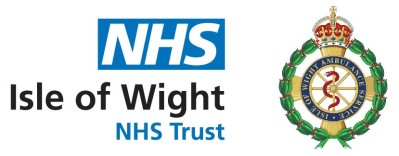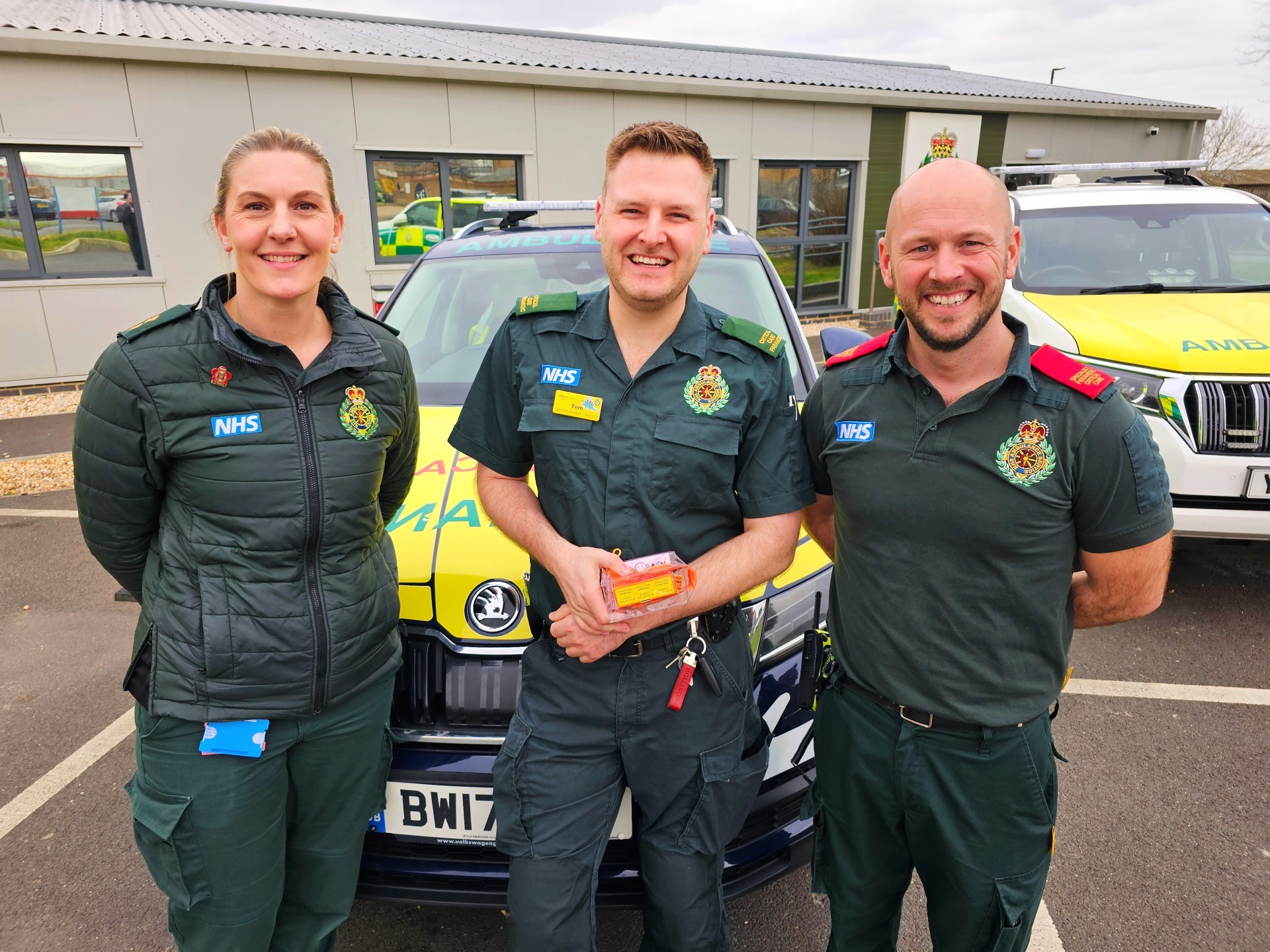Publish date: 1 April 2025
Paramedics at Isle of Wight NHS Trust are now fully trained and ready to participate in the national CRASH-4 clinical trial, a major study investigating the use of Tranexamic Acid (TXA) for patients with mild head injuries.
TXA is a widely available drug, already used by paramedics and emergency departments to help prevent life-threatening bleeding in major trauma patients, as well as women who have experienced complications after childbirth. For CRASH-4, patients over 50 years old who have sustained a mild head injury and are experiencing symptoms such as brief loss of consciousness, memory loss, nausea and vomiting will be given either a low-dose TXA injection or placebo (dummy drug/saline solution) to see if TXA reduces the risk of brain bleeding.
The trial will determine if TXA can help patients recover and be discharged from the Emergency Department faster and whether early administration lowers the risk of long-term complications, including dementia, mood disorders and strokes over a 12-month period.
The study follows a double-blind methodology, meaning neither the patient nor the clinician knows whether the administered injection contains TXA or a placebo, ensuring unbiased results. Additionally, in cases where the patient is unable to provide consent due to their head injury, family members or friends can consent on their behalf.
So far, 25 paramedics from Isle of Wight NHS Trust have been fully trained and approved to administer the trial drug, and have already recruited an impressive 9 participants in the first fortnight of operation on the island.
Victoria White, Director of Isle of Wight NHS Trust Ambulance Service said: “Our paramedics are excited to be involved in this important research trial and have completed specialist training through the National Institute for Health Research (NIHR). Research is important and we are very pleased to be involved, and in doing so helping to improve treatments and quality of life for our community both now and for future generations.”
Charlotte Turner, Senior Research Sister, said "It’s exciting to work in an environment where the ambulance service and hospital collaborate to deliver research studies to a range of patients."
Sarah Hinch, Research Facilitator added: "As an integrated trust, we are uniquely positioned to offer this type of study. The Isle of Wight may be small, but we have a strong partnership with Portsmouth Hospitals University NHS Trust, providing extra oversight and governance to ensure high research standards."
The CRASH-4 trial will run until the end of 2025, marking a significant step in advancing emergency care for head injuries. The Isle of Wight’s participation demonstrates its commitment to research and innovation, ensuring that patients receive the latest advancements in treatment and improving outcomes for those at risk of brain bleeding.




